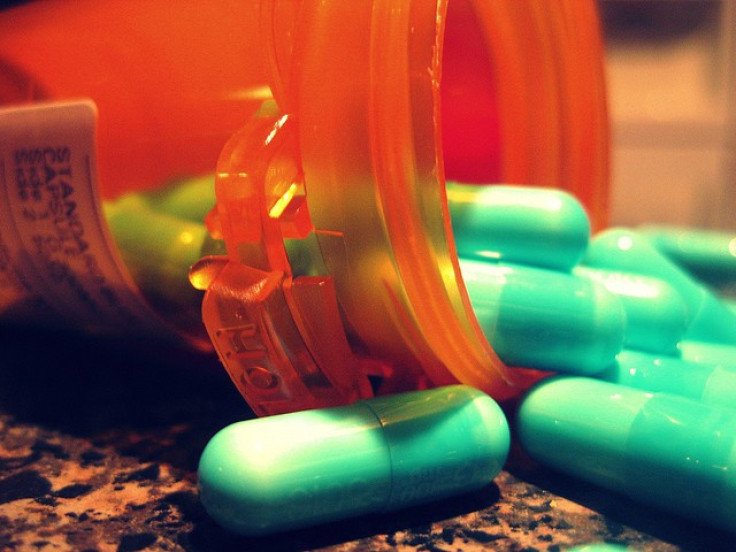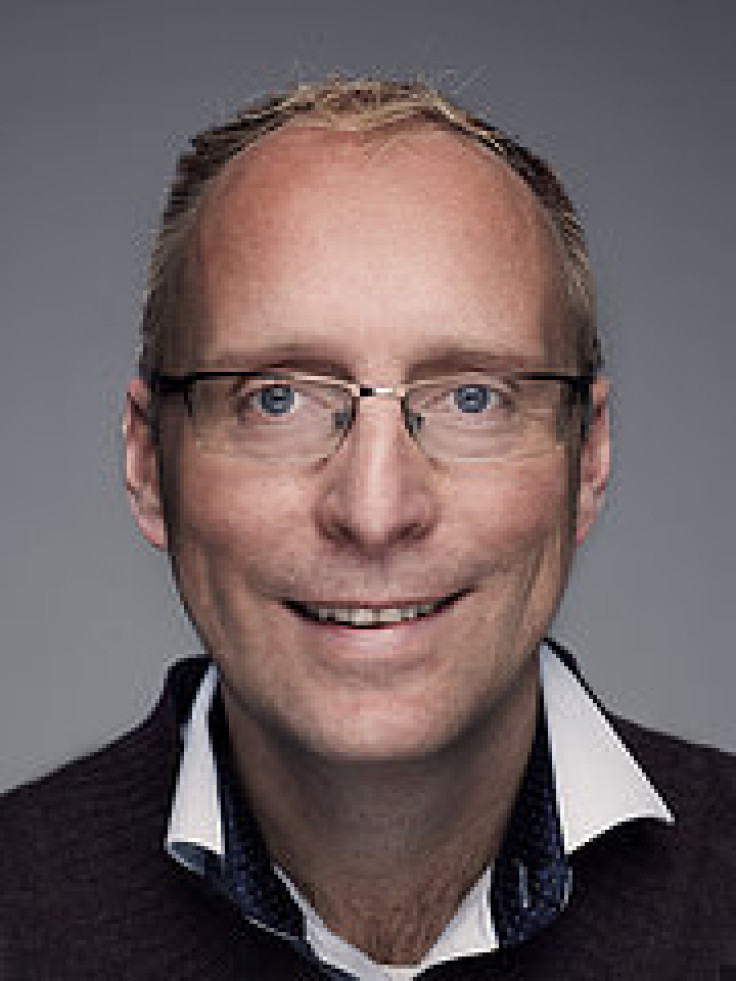Drug resistance: Global action plan approved as fears grow over common infections turning fatal

Delegates at WHO's annual meeting in Geneva have endorsed a global action plan to tackle growing antimicrobial resistance, including antibiotic resistance.
Drug resistance is occurring everywhere in the world and could render common infections like a strep throat or scratched knee fatal, the WHO has been warning.
Representatives from 194 countries approved a new global plan with five main objectives - improve awareness and understanding of antimicrobial resistance; strengthen surveillance and research; reduce the incidence of infection; optimise the use of antimicrobial medicines and ensure sustainable investment in countering antimicrobial resistance.
Every country should ideally have a system in place by 2017 to monitor for drug resistance.
Drug resistance is one of the biggest health threats of the 21st century, and the consequences could be grave if this trend isn't reversed, said Keiji Fukuda, assistant director-general for health security at WHO.
"People are going to find it much more dangerous to have surgery," he says. "If you have cancer or diabetes, and you're more susceptible to infections, it means you're going to have a much smaller safety net."
Fukuda expressed concern over the development of bacteria that are progressively less treatable by available antibiotics. "This is happening in all parts of the world, so all countries must do their part to tackle this global threat."
The pathogens behind malaria and tuberculosis are evolving to elude even the best treatments. About two million people die of tuberculosis every year.
More people die from antibiotic-resistant bacteria than from traffic accidents in Europe.
Only two new antibiotics have been approved since 2009. The last one to be introduced was ceftaroline in 2010 but within a year gave rise to drug resistant staph germ.
The world needs new antibiotics, everyone knows that, but why is it taking so long for pharmaceutical companies and governments to respond?
Who foots the bill?
It is a well-known fact that no one wants to foot the bill. The pharmaceutical companies are hesitant as they don't make money on antibiotics.
"Only when cancer can no longer be treated, will the development of new antibiotics speed up. It sounds cynical, but that's the way it is," says Magnus Steigedal Director of NTNU's Strategic Research Area on Health, who is also head of the Norwegian section of a large EU project on the development of new antibiotics.

For example, if a patient cannot receive costly cancer treatment due to infections, that could spur the development of antibiotics.
Chemotherapy weakens immunity, which in turn increases the risk of serious infections. If patients cannot be treated with antibiotics, modern cancer treatment may not be possible to implement.
"The biggest challenge is to make developing new antibiotics commercially viable. It may take 20 costly years to develop new medicine. Pharmaceutical companies aren't generating much income when patients stop taking their medicine after a few days or weeks," he adds.
Steigedal is working on new antibiotic mixtures, and also a new method to find antibiotics instead of testing the thousands of available chemical compounds against various bacteria.
The new method needs to be relatively cheap for pharmaceutical companies to take over. If universities can bring them the knowledge, antibiotic development could become commercially viable, says Steigedal.
Global innovation fund
Many companies that once were very active in antibacterial discovery, and were very successful, have been acquired by larger companies and subsequently had the discovery department reduced or closed, points out Laura J V Paddock, professor of microbiology and deputy director of the Institute of Microbiology and Infection, University of Birmingham and Director of Antibiotic Action.
She cites the example of Cubist with a successful antibiotic discovery department. Within months of being acquired by a larger company, the entire discovery department was made redundant.
Therefore, the future of antibacterial drug discovery which depends largely on discovery and research taking place within academia, research institutes and small and medium enterprises calls for funding, she says, welcoming plans for a global fund.
The University of Birmingham has established the Institute of Microbiology and Infection in 2012 with multi-million pound investments.
A report titled Securing New Drugs For Future Generations: The Antibiotics Pipeline had recently called for the establishment of a Global Innovation Fund to stimulate antibiotic drug discovery efforts.
Prize money
Specific incentives and rewards for pharma companies are also what a recent British government-backed review seeks, to fund the development of 15 new antibiotics.
Companies that develop new antibiotics should be awarded prize money of up to $3.5bn for each new drug, instead of selling the medication at a profit, the review recommended.
Indiscriminate antibiotic use and self-medication have seen cases of bacteria developing resistance to colistin -- the last available drug in the world.
Globally, antibiotic use has risen by 36% during the last decade. Prescription of the drugs for a wide range of viral infections as also availability over the counter, and overuse in veterinary medicine, has led to development of drug resistant strains of microbes.
© Copyright IBTimes 2024. All rights reserved.





